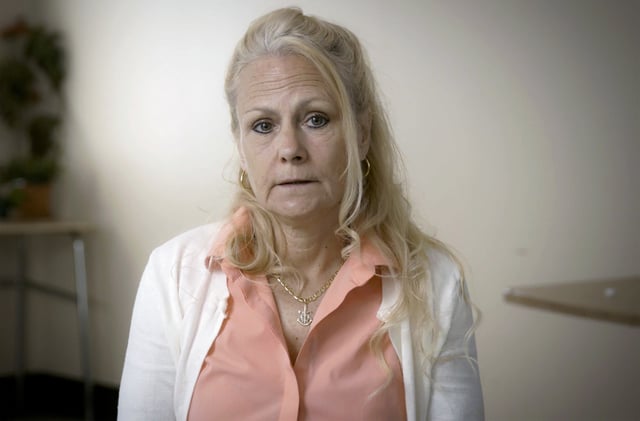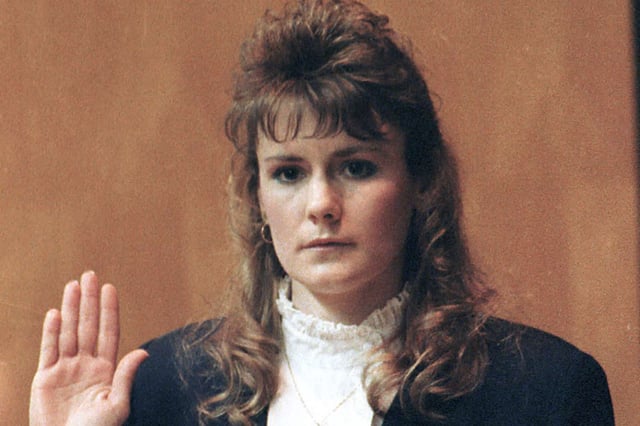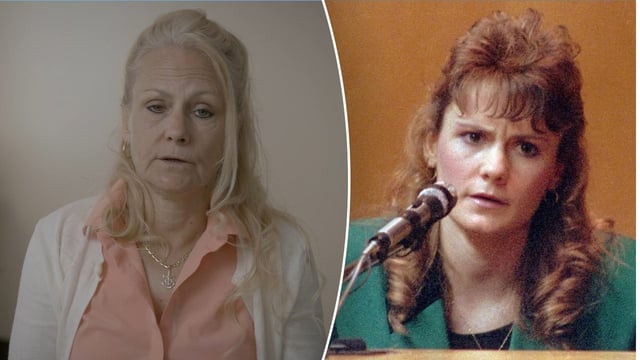Overview
- Pamela Smart has acknowledged her role in her husband's 1990 murder for the first time in a new prison video.
- Smart's admission comes after decades of deflecting blame and rationalizing her actions with 'warped logic.'
- She is currently serving a life sentence without parole for orchestrating the murder carried out by her teenage lover and his friends.
- Smart's latest plea for a pardon includes a videotaped statement and an 83-page petition highlighting her remorse and rehabilitation efforts.
- The New Hampshire Executive Council will consider her request for a commutation hearing later this month.



